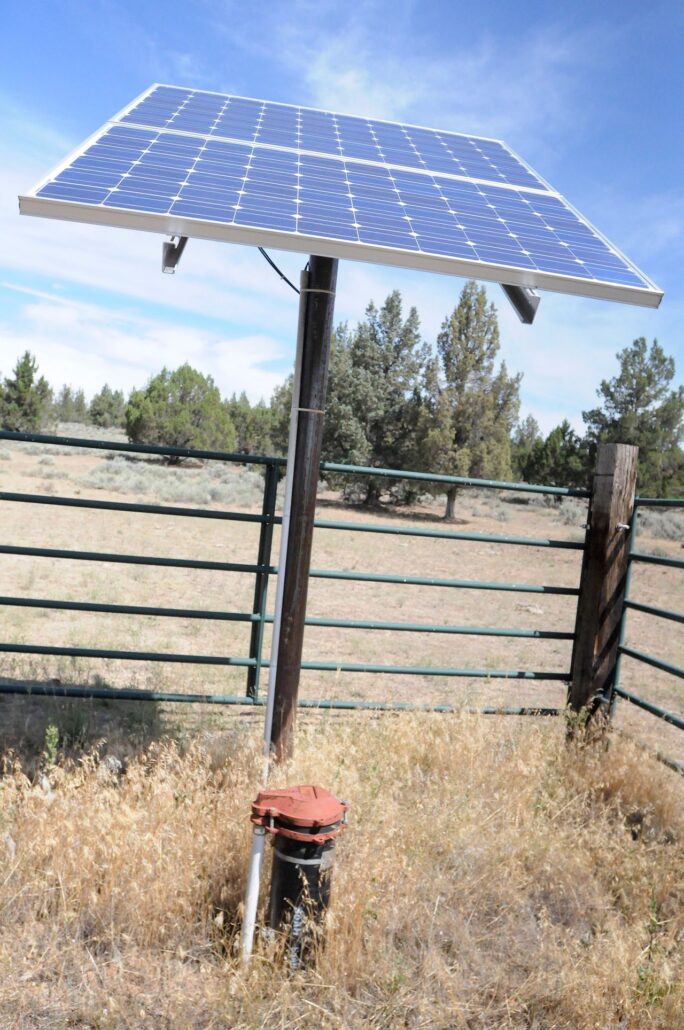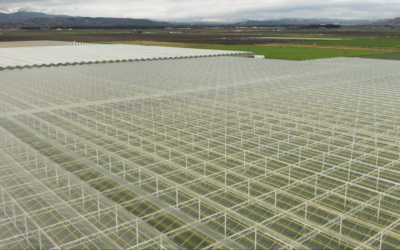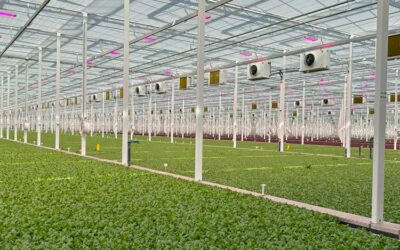Opinion: For Rural Oregon, Clean-Energy Bill is an Economic Opportunity

The Oregonian
By: Bill Campbell
Over the past several weeks at five hearings around the state, Oregonians have heard a lot about House Bill 2020, a bill that would create an economy-wide cap-and-invest program. While a poll shows public opinion broadly favors the concept, voices in the debate have frequently focused on the costs – costs of action, costs of inaction. That’s too bad, because the genius of HB 2020 isn’t cost – it’s opportunity.
For the past decade I’ve had the privilege of helping to run an Oregon-based institutional investment management firm that focuses on sustainability-driven investing. In that time, we have managed or backed more than $2 billion of investment, including in rural Oregon. This work has taught me to see the enormous economic opportunity in sustainability for all our communities. HB 2020 can deliver on this opportunity, especially for rural Oregon.
Sixty years ago, when I was growing up, rural Oregon was economically rich. In agricultural communities, farmers harvested abundant grain crops and shipped them off to market at higher inflation-adjusted prices than they earn today. In our coastal and inland forests, and the mills that served them, timber companies employed thousands. Fisheries were abundant. The world wanted what rural Oregon grew, and the value added by our workers. The economic partnership between rural and urban Oregon was profound, bilateral, and strong.
But global and national macroeconomic and environmental forces did a number on rural Oregon. Timber, fisheries, and agricultural economics became stressed and all too often broken. Now, too much of rural Oregon confronts high unemployment and low incomes. That’s not right.
HB 2020, which creates a market for climate change mitigation, can help flip this script. What our rural communities have lost is income from exported value. HB 2020 offers a way to harvest and sell new assets from our vast rural environmental riches – our own carbon reductions and our own sequestered carbon.
The groundwork is already there. A recent analysis by the national business group E2 (Environmental Entrepreneurs) counted 55,000 clean energy jobs in Oregon. More than half these jobs are outside the Portland metro area, with clean energy job density highest in rural Oregon. Innovation around the state bears that out; we have created rural jobs in building efficiency, wind power and geothermal energy, but also through soil carbon enhancement, forest management and biodigester projects. In rural Oregon, we have already financed and learned from carbon reduction projects that are supporting investments and jobs with cash flows driven from established carbon markets.
What HB 2020 will do is add a new, flexible market structure that supports larger and additional private investments with cash flows not dependent on subsidies. These investments will create and sustain new jobs over years to come, further contributing to Oregon’s already robust rural cleantech economy. In fact, a report commissioned by the Oregon Carbon Policy Office shows HB 2020 could create 50,000 more jobs, again concentrated in our rural counties like Jackson, Sherman, Gilliam, Lake, Wallowa and Grant.
Another reason to anticipate economic success: Oregon is not reinventing the wheel with cap-and-invest. We Oregonians are not afraid to go it alone when we must, but we also know it’s connections to big, proven markets that really sustain our prosperity. HB 2020 links us to the largest North American carbon market, where we can make the most of this opportunity while achieving our climate goals at the lowest possible cost.
HB 2020 isn’t magic. It’s just sound policy with large upside for all of Oregon, but especially rural Oregon. I hope the legislature passes HB 2020 this session. I believe in HB 2020, because I believe in Oregonians.






